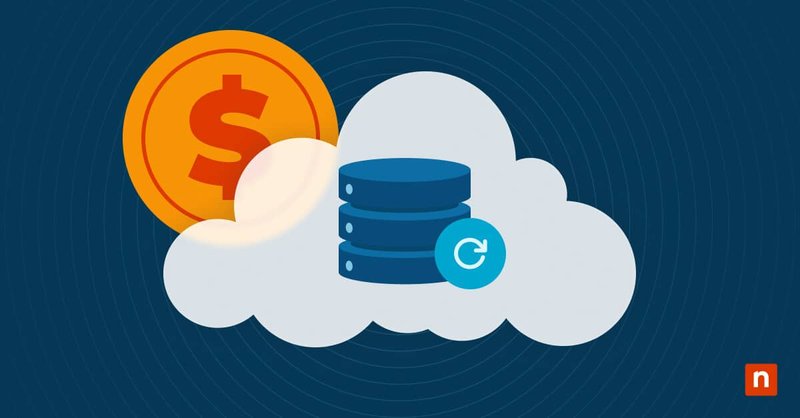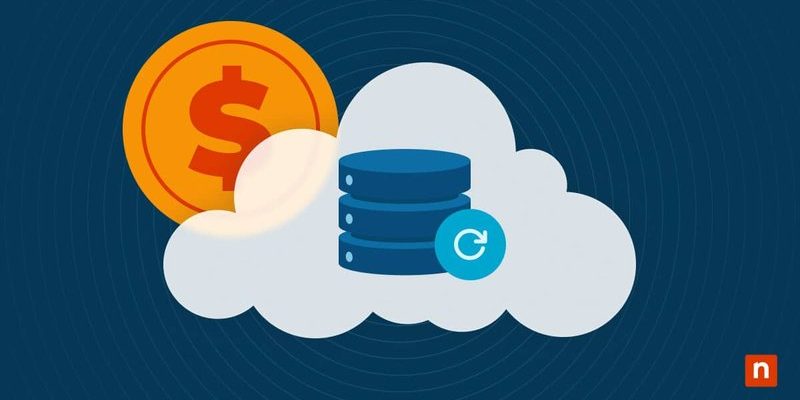
Let’s break this down into bite-sized pieces. We’ll look at the different types of backup systems, what features can influence costs, and how to figure out what you might need. After all, just like choosing between a compact car and an SUV, your choice will depend on your unique situation. So, grab your coffee, and let’s dive in!
Understanding Home Backup Systems
Home backup systems come in a few different flavors, but they all aim to keep your home powered during outages. The two main types are uninterruptible power supplies (UPS) and generator systems.
A UPS is like a life vest for your electronics. It provides instant power when the electricity goes out, giving you enough time to save your work or safely shut down devices. Generators, on the other hand, are more like a lifeboat. They kick in and supply power to your entire home for longer periods, but they take a bit more time to start up.
You might be wondering which one is right for you. If you live in an area with frequent short outages, a UPS could be just the ticket. But if power cuts tend to last longer or happen often, investing in a generator may be more practical.
Factors Impacting Cost
When it comes to pricing, several factors play a role. Type, capacity, and brand are the big three.
– Type: As mentioned, a UPS is generally cheaper than a generator. Expect to pay anywhere from $100 to $1,000 for a UPS, depending on its capacity. Conversely, generators may range from $500 to over $10,000, depending on their size and output capability.
– Capacity: This refers to how much power your system can supply. The higher the capacity, the more devices you can run. For instance, if you want to power everything from your refrigerator to your home office, you’re going to need more juice (and thus a higher cost).
– Brand: Just like cars, some brands have a reputation for reliability and quality, which can influence the price. For example, brands like Honda and Generac are well-known for their superior generators, which can cost a bit more upfront but often save you hassle in the long run.
Costs of Popular Home Backup Systems
Let’s look at some popular home backup systems and their associated costs. It’s like going to the grocery store—prices differ based on what you choose.
| System Type | Price Range | Example Brands |
|---|---|---|
| Uninterruptible Power Supply (UPS) | $100 – $1,000 | APC, CyberPower |
| Portable Generator | $500 – $3,000 | Honda, Westinghouse |
| Home Standby Generator | $3,000 – $10,000+ | Generac, Kohler |
This table gives you a good overview, but remember, a good backup system is an investment in peace of mind.
Installation Costs
Okay, you’ve picked out a backup system—now what? If you’re going with a generator, you might need to factor in installation costs. Installing a home standby generator often requires professional help, adding to your budget.
Installation fees can vary widely, generally ranging from $500 to $2,000, depending on complexity and local labor rates. If you’re handy, you might tackle a portable generator on your own, but always follow safety guidelines. It’s best to consult a professional to ensure everything is set up to code.
Choosing the Right Size for Your Needs
Not all homes are created equal. When considering a backup system, think about what you actually need powered. Here’s a quick rundown of how to evaluate your power requirements:
1. Make a List: Jot down all the appliances and electronics you want to keep running when the power goes out. This could include your refrigerator, sump pump, lights, and any medical devices.
2. Check the Wattage: Most appliances have a wattage rating that tells you how much power they consume. You can find this on their labels.
3. Calculate Total Wattage: Add up the wattages of everything on your list. This total will give you a clear idea of the capacity your backup system needs.
If you’re unsure, it’s totally okay to consult an electrician. They can help you determine the best system based on your lifestyle and needs.
Maintenance and Additional Costs
After you’ve invested in a backup system, it’s important to think about maintenance costs. Just like a car, regular upkeep is key to keeping your generator or UPS in top shape.
For generators, this could include oil changes, battery replacements, and general servicing. Budget about $100 to $300 annually for maintenance, depending on the type and how often you use it.
A UPS requires less maintenance but check the battery’s health every few years. If the battery needs replacing, that could set you back about $50 to $200.
Factor these costs into your overall budget so there are no surprises down the road.
Final Thoughts on Home Backup System Costs
In the end, how much a home backup system costs in the 48202 area will depend on your specific needs, preferences, and installation choices. A home backup system isn’t just a convenience; it’s a safety net for those times when life throws a wrench in the works.
Whether you go for a UPS or a generator, being prepared is always a smart move. Take your time to assess your needs and budget. By doing so, you’ll find the right solution that keeps your home running smoothly during outages—because nothing beats that comforting feeling of knowing you’re ready for anything.
